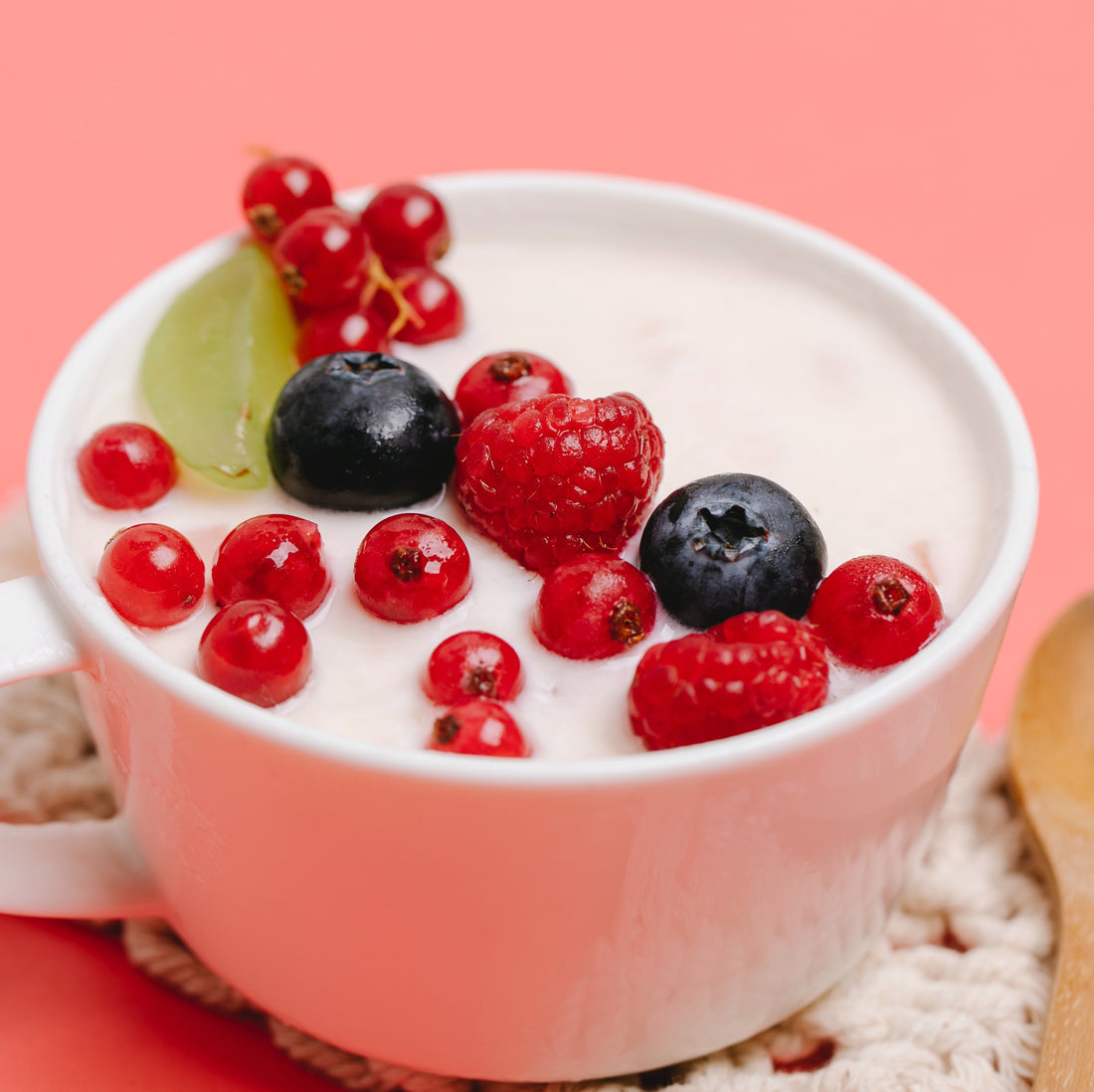We see the term superfood more and more, from superfood smoothies to superfood salads, but what is a superfood?
Well… there is no such thing as a superfood! ‘Superfood’ is a marketing term, not a nutritional one. However, that’s not to say the foods bestowed with this title are undeserving – they are superfoods in that they are super for your health.
While it’s important to understand that no one food can hold the key to health and longevity, it’s just as important to understand why certain foods are considered ‘super’ when it comes to our health.
In this blog, we’ll discuss what makes a superfood super and discuss why some of the most popular superfoods are deemed worthy of the term.
What is a superfood?
Superfoods tend to be incredibly nutrient dense - in other words, they provide maximum nutritional benefits for minimal calories. The nutritional benefits come from the high levels of vitamins, minerals and antioxidants contained within the foods.
Antioxidants can help to prevent damage to the cells in our body by counteracting the action of free radicals. Free radicals are highly reactive molecules which are closely linked to health issues including heart disease and cancer[i]. This means that the more antioxidants we eat, the more cell damage we can prevent and even reverse, keeping our cells and us healthier for longer.
As well as vitamins, minerals and antioxidants, superfoods are often high in flavonoids. Flavonoids have also been shown to prevent heart disease and cancer, as well as having benefits for inflammation and immunity[ii].
Which foods are super?
Let’s find out more about some of the most popular superfoods, and what makes them so great for our health.

1. Berries
Thanks to the high levels of flavonoids in berries, they have been shown to be particularly effective at reducing the risk of heart attack[iii]. Some of the most common ‘super’ berries are acai berries, blueberries and goji berries.
2. Ginger
Ginger root provides a source of antioxidants, predominantly gingerols. Multiple studies have demonstrated the benefits of ginger for managing nausea[iv] and for the treatment of pain caused by inflammatory conditions[v].
3. Green Leafy Vegetables

We all know the term ‘eat your greens’, but it really is true when it comes to protecting our health!
Dark green leafy vegetables, such as cabbage and spinach, provide a source of important nutrients including fibre, folate and vitamin C. Multiple research studies have associated green leafy vegetable consumption with a reduced risk of heart disease[vi] and type 2 diabetes[vii]. They also contain a type of antioxidant known as carotenoids, which have been shown to be protective against certain types of cancer[viii].
4. Green Tea
Green tea leaves are abundant in a particular type of antioxidant known as catechins. It’s these that allow it to help protect us against disease, including diabetes and heart disease[ix]. If that isn’t super enough, green tea also demonstrates possible benefits for weight loss[x].
5. Seaweed
Most people know that seaweed is good for them, but what makes seaweed a superfood? Seaweed is a powerhouse of natural nutrition – providing trace elements, minerals and bioactive compounds. Just a tiny amount of seaweed can provide a huge nutritional boost.
Seaweed is unique in that it is the only natural, plant-based source of iodine – a nutrient essential for thyroid health and consequently our growth, energy, reproduction and brain development. Studies have even shown that low iodine intakes during pregnancy can result in a lower IQ of the child[xi].
How to include ‘super’ seaweed in your daily diet
For most of us, the thought of tucking into a slab of slimy seaweed on a daily basis is less than appealing. Our Weed & Wonderful range of capsules offer a simple way to introduce the benefits of seaweed into your lifestyle, in an easy and convenient way.
The diversity of seaweed species means there is a wide range of iodine levels present. We measure every batch of our seaweed to ensure every capsule provides a safe source of iodine – just one of our capsules provides as much iodine as a portion of white fish.
Find out more and view our range right here.


